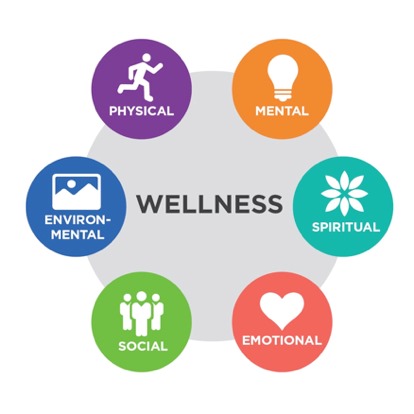OUR THERAPIES
Therapy is a valuable tool for addressing mental health issues, emotional challenges, and personal growth. It provides a safe, confidential space for individuals to explore their thoughts, feelings, and behaviors with the guidance of a trained professional. Therapy can help people manage anxiety, depression, stress, and trauma, as well as improve relationships, self-esteem, and coping skills.
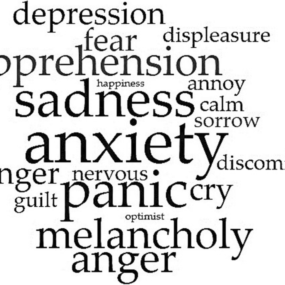
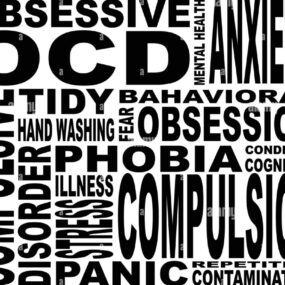
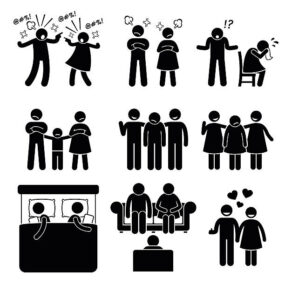
STRESS/ANXIETY/PHOBIAS
Stress, anxiety, and phobias can significantly impact one’s quality of life. Fortunately, there are various therapy approaches available to help individuals manage these mental health challenges.
- Cognitive-behavioural therapy (CBT) is one of the most common and effective therapies for treating stress, anxiety, and phobias. By identifying and challenging negative thought patterns and behaviours.
- CBT helps individuals learn new coping strategies and change their responses to stressful situations.
- Mindfulness-based therapies, such as mindfulness-based stress reduction (MBSR) and mindfulness-based cognitive therapy (MBCT), can also be beneficial in managing stress and anxiety.
- These therapies focus on increasing awareness of the present moment and developing skills to handle difficult emotions.
- Additionally, exposure therapy is often used to treat phobias by gradually exposing individuals to their fears in a safe and controlled environment. This helps them learn to confront and overcome their fears.
- Overall, therapy can be a valuable tool in helping individuals learn to cope with stress, anxiety, and phobias, leading to improved mental well-being and overall quality of life.
ANGER/NEGATIVE THOUGHTS
Anger and negative thoughts are common issues that many people face in their daily lives.Therapy focusing on these emotions can be a helpful tool in managing and overcoming such feelings.
- Therapies for anger and negative thoughts typically involves exploring the root causes of these emotions, identifying triggers, and developing coping strategies to deal with them effectively.
- Techniques such as cognitive behavioural therapy, mindfulness, and relaxation techniques may be utilized to help individuals better understand and control their emotions.
- Through therapy, individuals can learn to recognize and challenge negative thought patterns, develop healthier coping mechanisms, and improve emotional regulation.
- This can lead to improved relationships, better mental health, and an overall sense of well-being.
- It is important for individuals struggling with anger and negative thoughts to seek support and guidance from a qualified therapist.
- With the right tools and strategies, it is possible to learn how to manage these challenging emotions and lead a more fulfilling life.
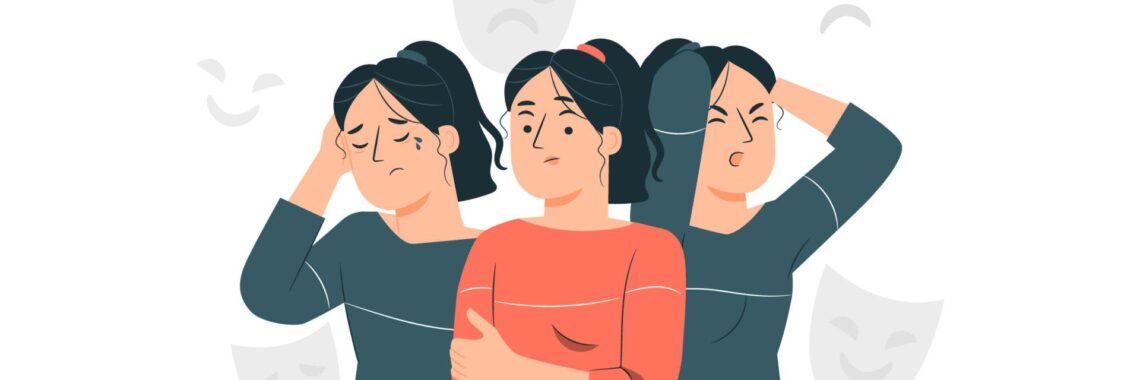
OCD/SLEEP DISORDERS
Obsessive-compulsive disorder (OCD) and sleep disorders are complex mental health conditions that can significantly impact an individual’s wellbeing. When it comes to therapy for these conditions, a comprehensive approach is often necessary.
- For individuals with OCD, cognitive-behavioural therapy (CBT) is considered the gold standard treatment.
- Through techniques such as exposure and response prevention, individuals can learn to challenge and change their obsessive thoughts and compulsive behaviours.
- Additionally, medication, such as selective serotonin reuptake inhibitors (SSRIs), may be prescribed to help manage symptoms.
- On the other hand, sleep disorders therapy may involve a combination of lifestyle changes, cognitive-behavioural therapy for insomnia (CBT-I), and medication.
- CBT-I focuses on improving sleep hygiene, addressing negative thoughts about sleep, and implementing relaxation techniques to improve sleep quality.
- Overall, seeking professional help from a therapist or psychiatrist is crucial in developing an individualized treatment plan for OCD and sleep disorders.
- By addressing these conditions with a tailored approach, individuals can experience improved symptom management and overall quality of life.
LOVE/RELATIONS/FAMILY CONFLICTS
Love, relationships, and family conflicts are integral aspects of human existence that deeply influence our emotions, decisions, and overall well-being. In today’s society, these areas can often be marred by disorders and discord, leading to various thoughts and difficulties.
- Love, while a beautiful and enriching emotion, can also be complicated and fraught with challenges.
- Relationships can suffer from communication breakdowns, jealousy, and power struggles.
- Family conflicts can arise from differing values, expectations, and unresolved past issues.
- These conflicts can lead to feelings of anger, frustration, and disappointment.
- Disorders such as depression, anxiety, and personality disorders can further complicate matters, making it difficult for individuals to navigate and maintain healthy relationships.
- These disorders may cause individuals to struggle with trust issues, low self-esteem, and fear of abandonment.
In the midst of these challenges, it is important for individuals to seek support, whether through therapy, counselling, or self-reflection. - By addressing and understanding these conflicts and disorders, individuals can work towards building stronger, healthier relationships and families.
- Ultimately, it is through love, understanding, and forgiveness that we can overcome these obstacles and create harmonious, fulfilling connections with others.
GADGET/SUBSTANCE DE-ADDICTIONS
Gadget and substance addictions have become prevalent issues in today’s society, leading to detrimental effects on individuals’ physical, mental, and emotional well-being.
- To address these concerns, de-addiction therapy programs have been developed to help individuals break free from their unhealthy dependencies.
- Such therapy typically involves a combination of counselling, behavioural interventions, and medication to help individuals manage cravings and cope with withdrawal symptoms.
- In the case of gadget addiction, therapy may also focus on the development of healthier screen-time habits and coping mechanisms.
- Substance de-addiction therapy, on the other hand, may include detoxification, counselling, and support groups to help individuals achieve long-term sobriety.
- These programs often tailor treatment plans to the specific needs of each individual, taking into account their substance of choice and underlying issues contributing to their addiction.
- Overall, gadget and substance de-addiction therapy plays a crucial role in helping individuals regain control of their lives and move towards a healthier, addiction-free future.
